Anxiety is a common and significant symptom of menopause and perimenopause, largely due to hormone fluctuations. Numerous studies have focused on the potential benefits of hormone therapy in reducing anxiety. A new systematic review…
Blog
-
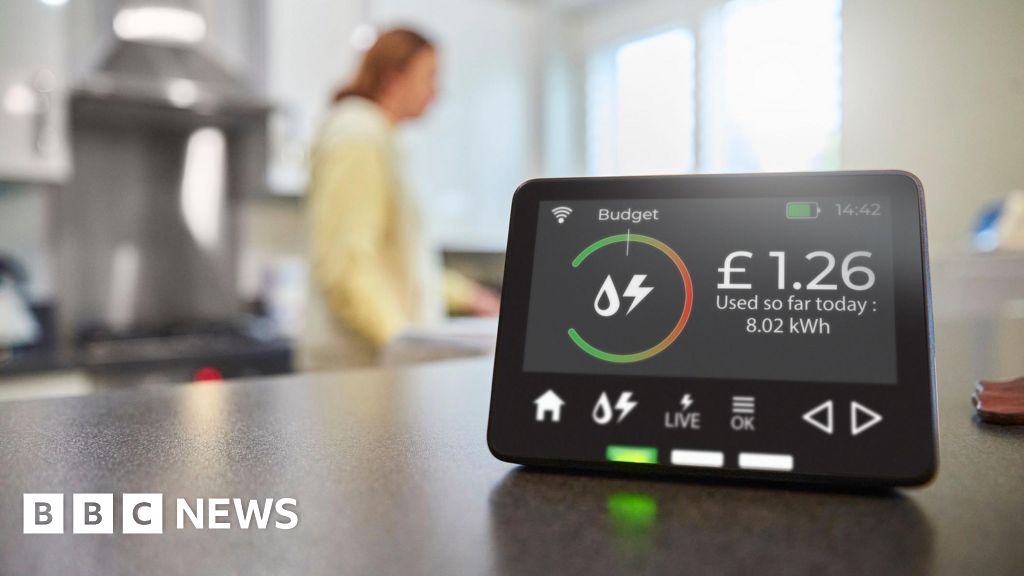
New energy levy to hit charities and community groups
Charities and small businesses say they will bear the brunt of additional energy charges when a new levy comes into force later this year.
The Nuclear Regulated Asset Base (RAB) levy will fund a new nuclear power station at Sizewell in Suffolk, but while large electricity consumers will be exempt, charities will be forced to pay the full amount.
Beth Wilson, CEO of Bristol charity Wellspring Settlement, said adding charges onto energy bills will have “real-world implications for the services we provide and the people we support”.
A government spokesperson said small businesses and charities are at the “heart of our communities, which is why we have extended business rates relief”.
Spike Island, a contemporary art centre in Bristol, recently funded solar panels, but say the new levy could add more than £1,000 a year to their electricity bill.
Kate Ward, deputy director, said rising electricity costs will “prevent us from switching to low-carbon heating like heat pumps, increase our running costs and put our work with artists at risk”.
Ms Ward added the government “needs to rethink how they approach electricity bills to make it viable for more charities and small businesses to make the right decisions for the planet”.
Sizewell C is being built over the next 10 years and will cost £38bn to build, it will supply electricity to the equivalent of six million homes for at least 60 years.
The government spokesperson said it is part of its clean energy “superpower mission”, which is the only way to bring down energy bills for good and “will also secure thousands of good, skilled jobs and billions in investment”.
Continue Reading
-

ShengShu Launches New Version of Generative AI Video Model to Rival Sora, Veo
(Yicai) Oct. 21 — ShengShu Technology, a Chinese multimodal generative artificial intelligence startup, has launched the new versions of its reference-to-video tool, improving consistency and creative control to boost power and rival global…
Continue Reading
-
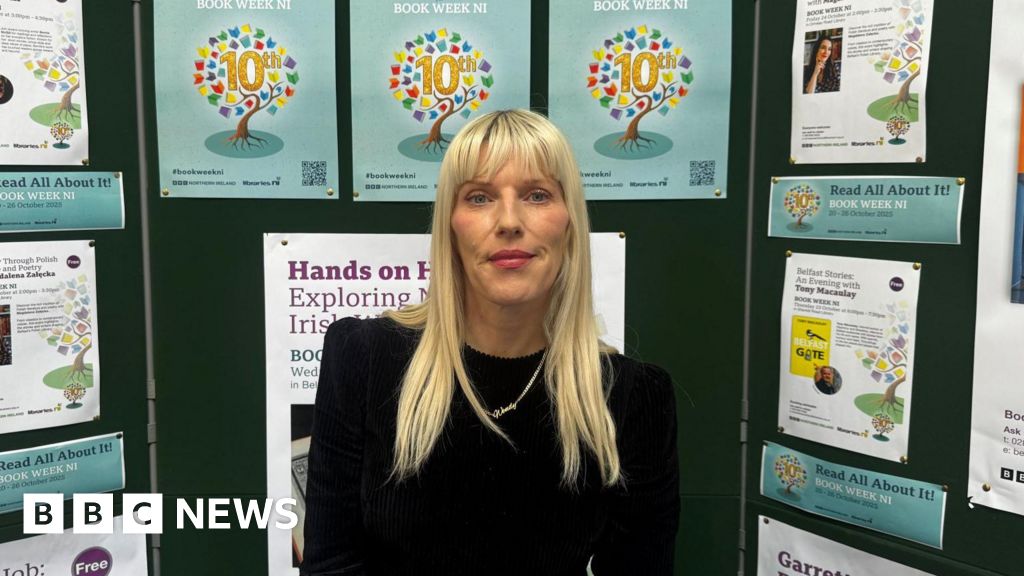
Authors take centre stage at libraries across Northern Ireland
Aimee Bellin Belfast,
Mike McBridein Londonderry and
Niall GlynnBBC News NI, in Newtownards
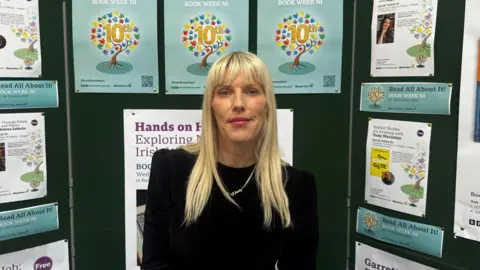 BBC
BBCAuthor Wendy Erskine said the library was an integral part of her week when writing her book Libraries across Northern Ireland welcomed local authors on…
Continue Reading
-

new Infinio Ultra hearing aids with clearer sound and easier maintenance
Phonak Phonak Infinio Ultra Sphere Charger and Easy Guard
Phonak Infinio Ultra Sphere Charger and Easy Guard STÄFA, Switzerland, Oct. 21, 2025 (GLOBE NEWSWIRE) — Phonak, a global leader in innovative hearing solutions,…
Continue Reading
-
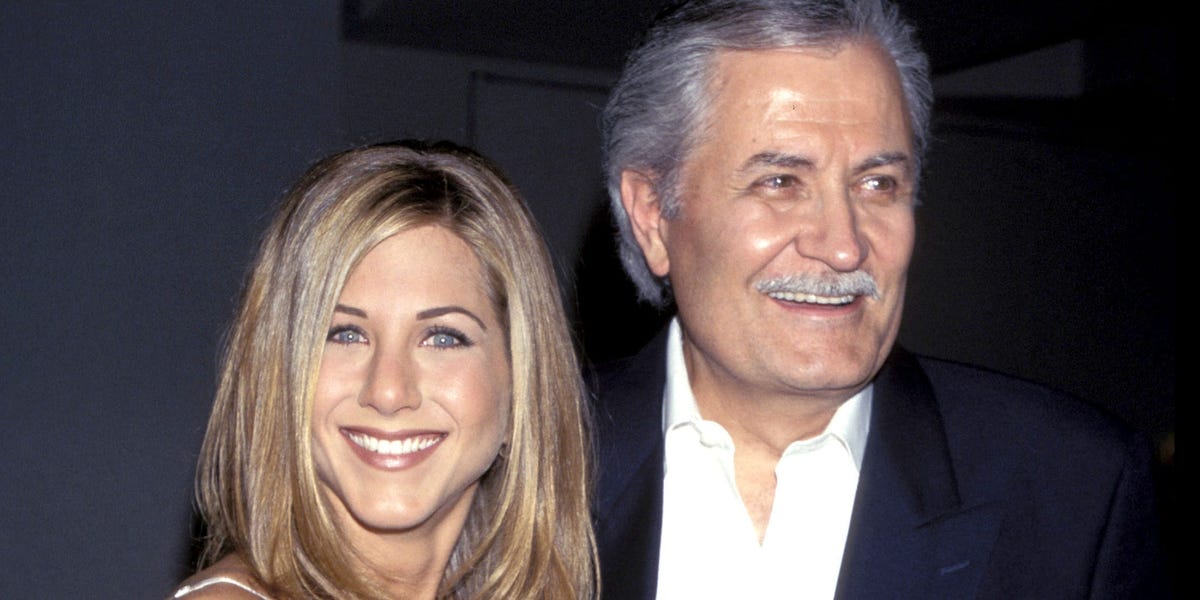
Jennifer Aniston: My Actor Dad Tried to Steer Me Away From Showbiz
Before Jennifer Aniston became one of Hollywood’s most recognizable faces, her actor dad tried to steer her away from the business.
The “Friends” star is the daughter of John Aniston, best known for his role on the…
Continue Reading
-

New mechanism explains life-threatening pre-eclampsia at the molecular level
Pre-eclampsia is one of the most serious complications in pregnancy, affecting millions of women and newborns worldwide and potentially life-threatening. Despite intensive research, it has remained unclear what processes in the…
Continue Reading
-
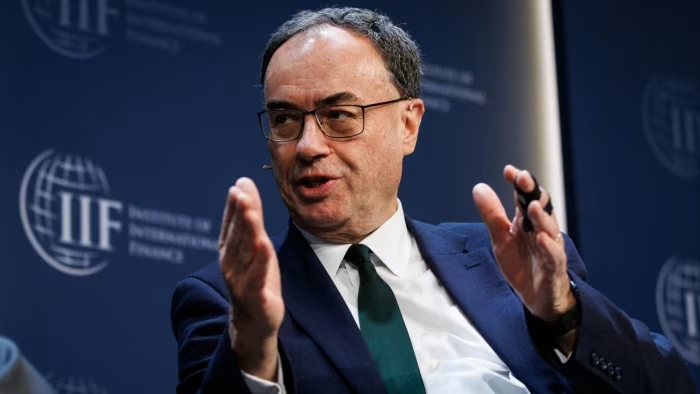
When active QT makes sense
Christopher Mahon is head of Dynamic Real Return in Multi-Asset Investing at Columbia Threadneedle Investments
At the Bank of England’s September meeting, the Monetary Policy Committee voted to continue with its policy of active QT, albeit in a reprofiled form. This was a disappointment.
As a reminder the BoE has been selling the bonds it accumulated during quantitative easing. Most other central banks are content to passively let their bonds mature.
Gilt sales have totalled £107bn so far. Investors say this has driven up borrowing costs and is pressuring public finances. Active QT may ultimately increase debt servicing costs by between £16-£60bn.
So, let’s take a look at the arguments for active QT. Spoiler — none pass the smell test today.
1) To shrink the balance sheet so ‘we can be ready next time’
The Bank calls this “increasing the headroom and flexibility” so that it can respond to a crisis in the future.
The BoE has so far shrunk its balance sheet by over £330bn. In nominal terms, this gives it room to do a Brexit-sized stimulus (£60bn), the original GFC-sized stimulus (£200bn) or, if counting in terms of BoE balance sheet-to-GDP, a pandemic-sized stimulus should it need.
Whether the Treasury would allow a repeat is another question. Cumulative losses of £133bn might give policymakers pause for thought.
The BoE argues it needs to go further. The headroom will naturally increase, as the bonds themselves mature. But why does it still need to use active QT to get there faster?
2) Because the BoE holdings have a particularly long maturity profile
The BoE has argued that because its bonds have a longer maturity profile than other central banks, it can’t rely on passive QT alone. And it’s true that if active QT was ruled out, the Bank’s balance sheet would shrink more slowly than other central banks.
But the BoE isn’t just matching other central banks’ QT pace, it’s going faster — about twice as fast as the Fed and the ECB. If matching the pace of other central banks was the reason, the BoE could recalibrate with fewer gilt sales.
3) The size of the balance sheet is an inflation risk
Selling gilts tightens monetary conditions and so could help control inflation. But does it work?
The theory is weakened by a maturity mismatch in the BoE QE programme. For instance, UK household borrowings tend to be unusually sensitive to short term rates (think 2-5-year fixed rate mortgages versus 30-year rates in America).
So, the transmission mechanism to the UK economy from the BoE buying a 30-year or 50-year gilt was weak and opaque. If one is using active QT to tighten policy, the same flaw applies in reverse. The transmission mechanism from selling a 30-year gilt is weak and opaque.
For real world evidence consider this: the BoE is running the most aggressive QT programme but comfortably has the G7’s highest inflation rate. This is hardly an advertisement for the inflation busting credentials of active QT.
4) To exit a QE programme in the least costly way
There are times when active QT is the most financially effective way to bring a QE programme to an end. Today is not one of them. To understand why, let’s recap how QE works.
Under QE, a central bank swaps bonds for interest-bearing bank reserves. This worked well in 2009 when rates were close to zero — and locking in a 3 per cent yield on a 30-year bond looked attractive.
As time went by, the trade became less attractive. By 2021, the BoE was buying gilts even when yield was down at 0.5 per cent. The “spread” between cash and gilts had become negligible.
Fast forward to today, with cash rates at 4 per cent, those trades are deeply underwater. Most of this is a sunk cost the country will never get back. But a small part is not. To distinguish the two, we must stop focusing on book cost and start thinking about the market value the Bank receives when it auctions off its gilt holdings.
Take the 0.5% 2061 gilt. Since the BoE first bought it, the price has fallen from £101 to £25. As such, it now yields just over 5 per cent. Will this gilt earn its keep when cash rates are 4 per cent? Probably, yes. But how about over the long term?
For a central bank with the ability to hold to maturity, what matters is whether the yield on the bonds is greater than the likely average of the cash rates it will pay on reserves. Roughly speaking, the expected cost of finance for the Bank to hold a 30- or 50-year gilt should be similar to the neutral (or equilibrium) rate.
The Fed’s dot plot shows the longer-term rates expected in the US. The Bank of England does not publish an equivalent, but their comments suggest UK neutral is near 3 per cent. A range of 2-4 per cent more than covers our bases.
When the BoE first mooted active gilt sales back in May 2022, gilts yielded less than 2 per cent. Active QT made perfect sense as the gilts paid less than the neutral rate.
But today gilts yield far more than any realistic neutral rate. To a central bank these are lowball prices. Taxpayers would probably thank them for cancelling further gilt sales.
5) To help your chancellor hit her golden rules
There is one taxpayer who might not thank the Bank for ending gilt sales: the chancellor.
This is because ongoing interest rate losses are treated differently from losses crystallised when they sell a bond in the government’s fiscal rules.
Gilt sales end up being a little bit helpful for those targets — even if it ends up hurting taxpayers in the long term.
The Bank itself — rightly — does not use this logic. Giving taxpayers a worse outcome to help the political needs of the Chancellor of the day would be a terrible reason to continue active QT.
Where does this leave us?
Back in 2021, the House of Lords accused the Bank of showing QE “in a more positive light than the academic literature”. Today, the Bank appears to be underplaying the role of active QT on yields compared to independent research and has turned off the usual survey questions it could use to canvas alternative opinions from market participants. I’ve previously coined this behaviour “the incurious MPC”.
Implicit in the decision to scale back long end gilt sales is an admission that the previous approach was wrong. It’s an admission that there are trade-offs: speed of QT versus gilt yields and costs to taxpayers.
Being open about these trade-offs means changing the orthodoxy famously expressed by Sir Dave Ramsden, the Bank’s Deputy Governor for Markets and Banking, when he said that “decisions about the scale, pace and composition of QT were not and will not be affected by value-for-money considerations”. Likewise, the MPC is clear — it takes neither profit nor financial risk into account when making decisions around QE/ QT.
This Bank orthodoxy risks being seen as an ‘ivory tower’. Carefully assessing value-for-money (without political interference) would not undermine BoE independence, as the Bank claims. It would reinforce the BoE’s core mission of “promoting the good of the people of the UK”, which includes aiding long-term financial stability.
Failing to consider ‘financial risk’ has helped the Bank build a QE programme that has generated losses four times larger than the Fed’s, when scaled as a share of GDP. This is not helpful to the Bank’s mission of aiding long-term financial stability.
One tiny glimmer of hope? Calls to halt active QT are coming from ever-wider circles. And the Bank itself has had its first split vote on QT. Maybe — just maybe — their orthodoxy is creaking. It’s time for it to crack.
The author manages multi-asset portfolios some of which have benchmarks or allocations that include gilts. He is currently “neutral” on the allocation.
Continue Reading
-

Daniel Naroditsky, US chess grandmaster, dies aged 29
 Charlotte Chess Center
Charlotte Chess CenterDaniel Naroditsky, also known to his online fans as ‘Danya’, died two weeks out from his 30th birthday US chess grandmaster and online commentator Daniel Naroditsky has died aged 29.
The popular chess player’s family announced…
Continue Reading
-

Tong Liya makes stage return as she embarks on national tour
Tong Liya at the launch ceremony of a national tour of Here, and Beyond. (PROVIDED TO CHINA DAILY) At 42, Tong Liya has returned to a stage that once defined her dreams — this time, as a dancer.
After years of focusing on her acting career, she…
Continue Reading

